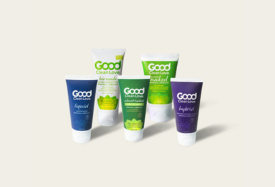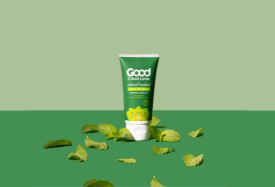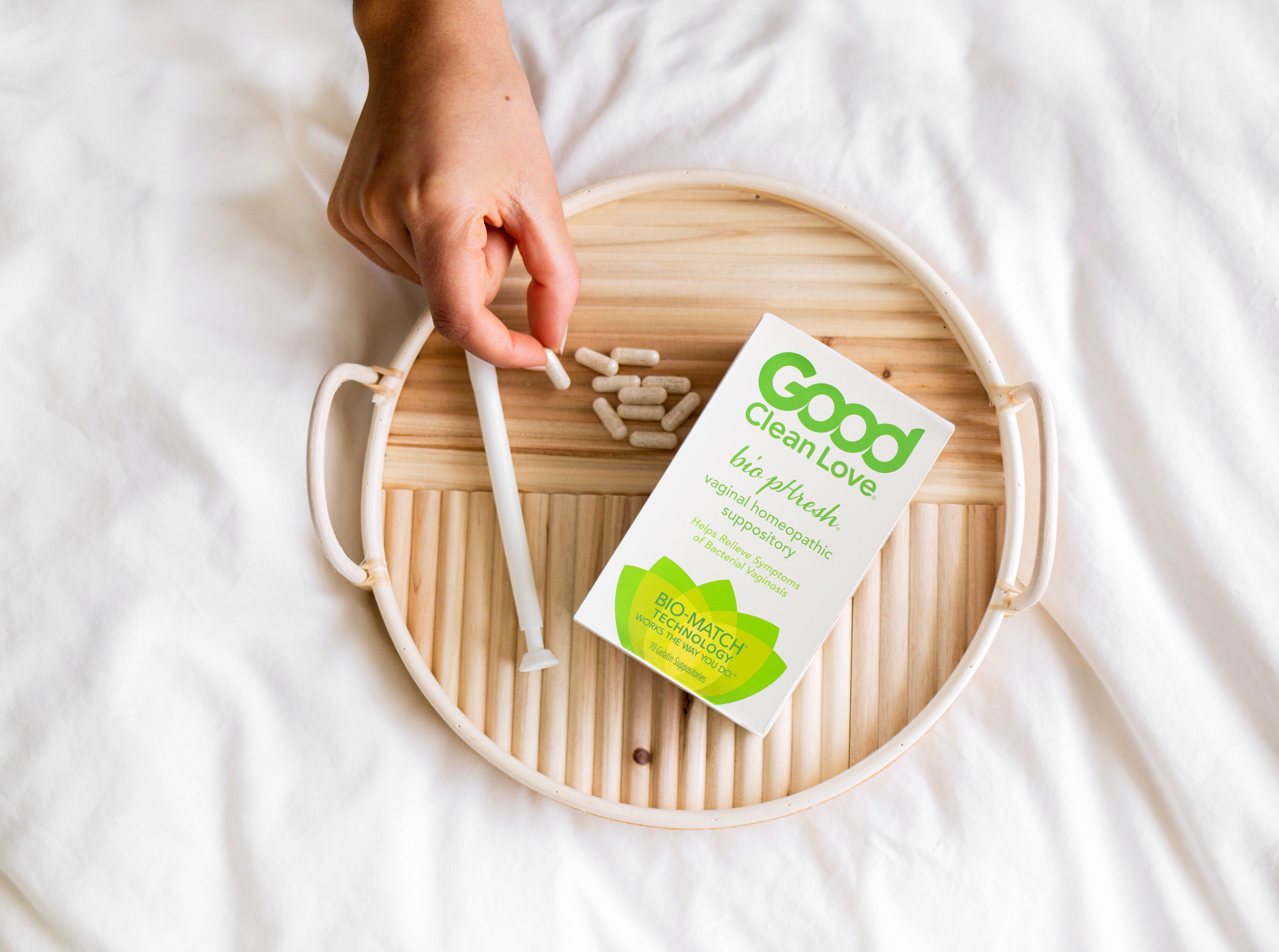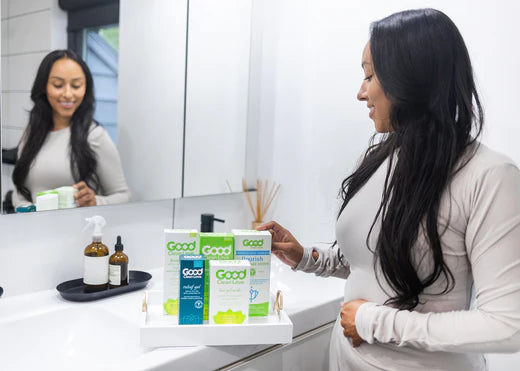
“Courage means to keep working a relationship, to continue seeking solutions to difficult problems, and to stay focused during stressful periods.” –Denis Waitley
One of the most important revelations I ever had about relationships is that the ones that tend to thrive understand the relationship as not just as something that is a product of the interaction between two people, but rather as a living entity unto itself. This distinction is everything, because when we perceive our relationship as a living thing with needs of its own, we have a way out of the persistent and damaging competition of whose needs are being met, and focus instead on meeting the needs of the relationship, which magically then creates the safety and space to meet all of the individual needs we bring to it.
I witnessed the wonder of this process this past weekend at the coast. Having raised four kids into near adults, it is a thing of great joy when I get the chance to see them all together again. What was most noticeable to me this weekend was how my kids have grown up enough to put the needs of their relationship with each other above their own needs. One evening there was a little collision by the door that in their adolescent past might have turned into a brawl, but now, the injured one was able to walk away, deal with his own needs and come back without having to hurt back. This simple act created enough space for the older brother to apologize authentically. Living near each other hundreds of miles from home, their relationship has grown into a haven for each of them, a little piece of home, and it was clear how much care it requires.
Driven by meeting our own needs, our capacity for true relationship building is seriously compromised. Instead of building a space of safety with the room to grow into ourselves, relationships that are built on the premise of exchange- feeding the needs of the other- eventually become the fodder for betrayal and self-doubt. It begins by score keeping. The endless tally of who did what for whom, who said yes, who said no, who asked first, who showed up, who didn’t… Keeping track of our needs, met and unmet, becomes a cage with someone always feeling less than, and the weight of guilt dogging every interaction.
I know this space intimately, as it characterized the beginning of my marriage. And dare I say, the beginning of many marriages. We are all party to this mistaken notion that relationships exist to meet our emotional, physical, sexual needs….
And then we are angry when they don’t. I have a vivid memories of the disappointment and frustration I often felt after I got married, realizing that my husband wasn’t in fact making me happy. I still had all of the same issues that I brought to the marriage, and I was so mean to him about how he was failing to fix me. In retrospect, I can’t believe we survived that stage. Most marriages don’t.
This misperception is also the basis for most of the betrayal that develops in our intimate relationships. Not only do we feel entitled to have our needs met, but the ways in which they aren’t, whether sexually or emotionally, become the elephant in the room that justifies almost any act of betrayal. We aren’t thinking about the container of our relationship or the damage we will do to what we are building. We are thinking only of how we cannot get our needs met with our partner. The more we focus on our unmet needs, the bigger they get- it is impossible to witness the ways the relationship is holding you, let alone the efforts your partner is making. It is a self-fulfilling prophecy, which turns into a million versions of the same story about how incompatible you both are.
The truth is that no one else ever really meets our needs. Except maybe in the blessed early years of when our parents are charged with growing our tiny existence. Yet even then, in many ways it is the special relationship of parenting that holds us. Learning to re-think about our relationships as living, breathing organisms is how we can make the transition to feeding the needs that support everyone, and surprisingly, will finally meet your own.














